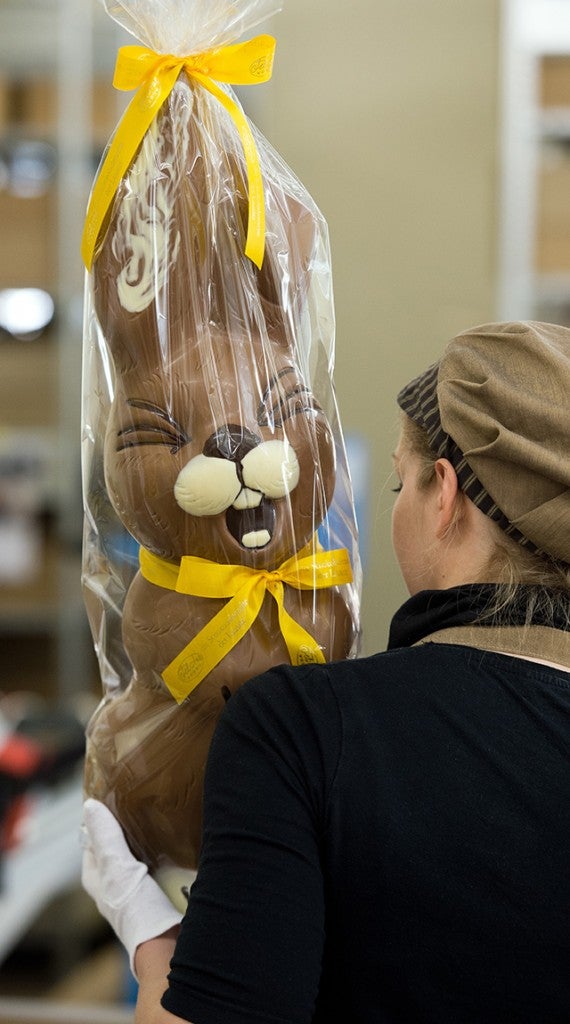Are Sugar Tariffs Raising the Cost of Your Easter Basket?
Tori K. Smith / Michael F. Mo /
Easter has arrived, and so has everyone’s favorite bunny rabbit. While kids are excited about their chocolate bunnies, Peeps, and jelly beans, parents continue to pay more than they should, and the U.S. government is to blame. Since the Great Depression, import quotas, tariffs, and subsidies for domestic sugar producers have made the price of sugar in the U.S. higher than the average world price.
Each year the government establishes import quotas to prevent the U.S. from importing “too much” sugar from other countries. After the quota is met, refined sugar imports are penalized with a tariff of 16.21 cents per pound. This means that box of Peeps the Easter Bunny left—along with everything else that contains sugar—actually costs more than it should. Because the quota drives up the price of sugar, extra money goes into the pockets of U.S. sugar producers at your expense.
U.S. sugar in general is more expensive than sugar bought around the world. The 2013 average world price for refined sugar was 23 cents per pound, while in the U.S. the price of refined sugar was 29 cents per pound, an increase of 26 percent. U.S. sugar producers use government programs to keep prices high and protect themselves from foreign competition. Since the turn of the century, the government has maintained sugar prices at an average of 79 percent higher than the rest of the world.
How has the sugar industry managed to throttle parents and the Easter Bunny with these higher prices? Crony capitalism. With the extra money they take out of consumers’ pockets, “sugar producers fund 55 percent of crop-related political action committee (PAC) donations and 34.2 percent of crop-related lobbying expenses,” according to Heritage’s Bryan Riley. These policies cost U.S. consumers between $2.4 billion and $3.5 billion per year.
Sorry Mom and Dad, but it looks like our baskets of candy aren’t as sweet as we thought.
Tori Whiting and Michael F. Mo are currently members of the Young Leaders Program at The Heritage Foundation. For more information on interning at Heritage, please click here.

